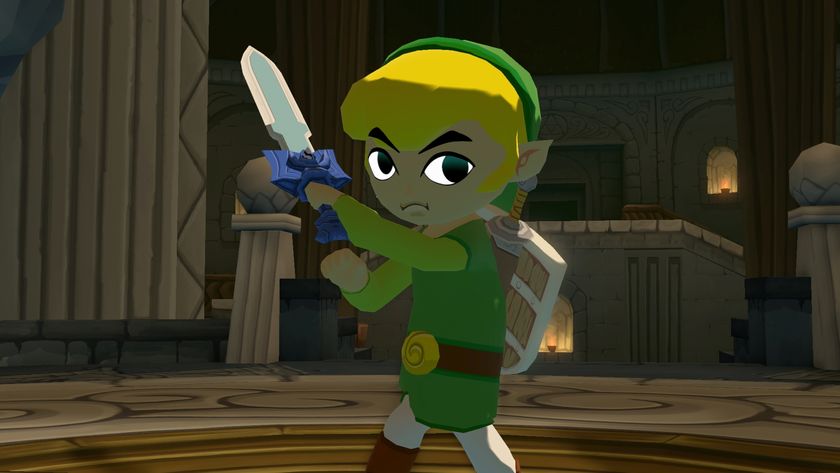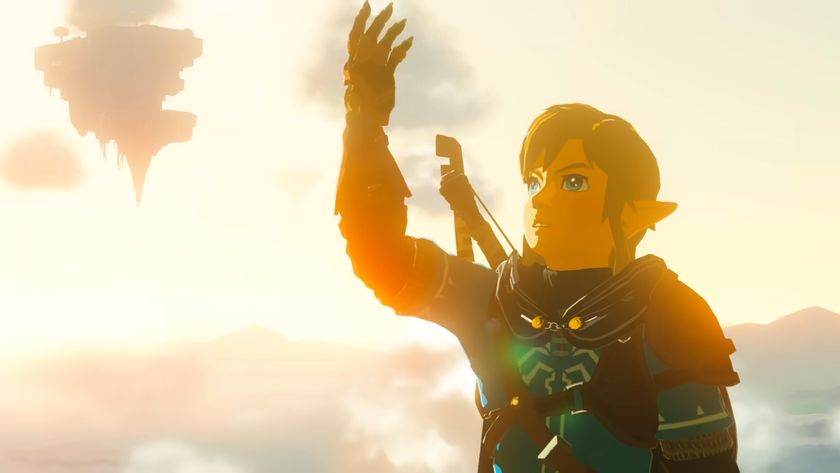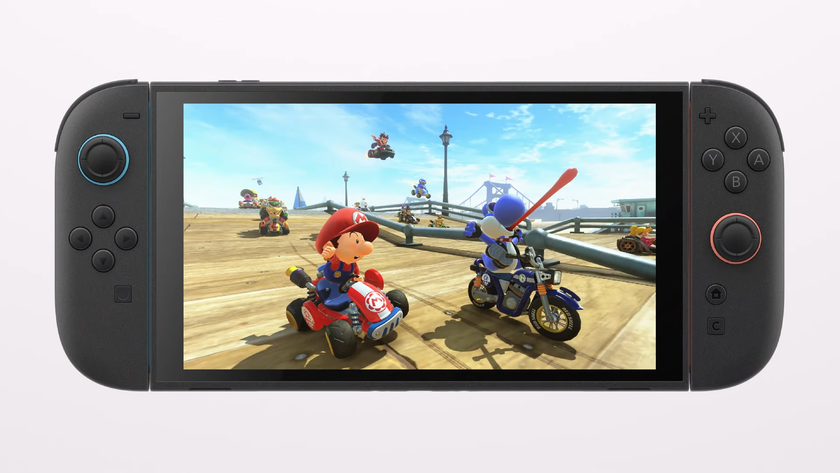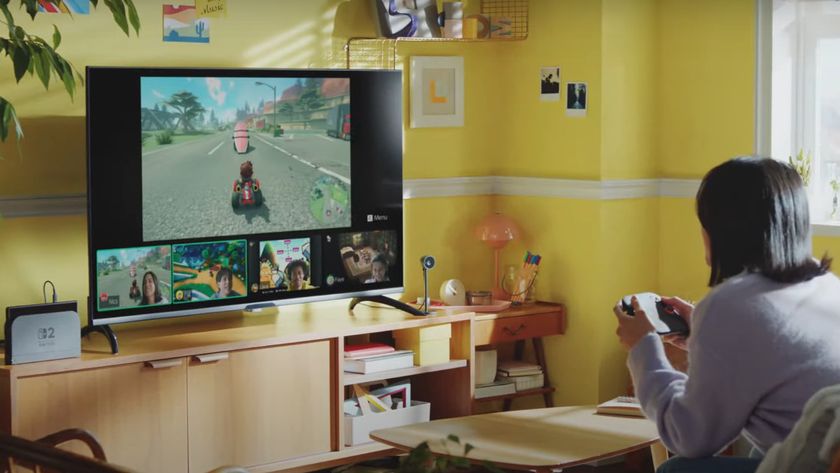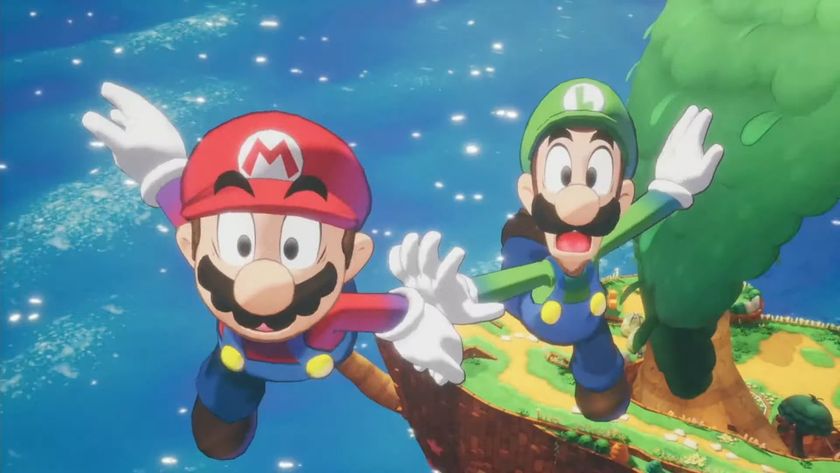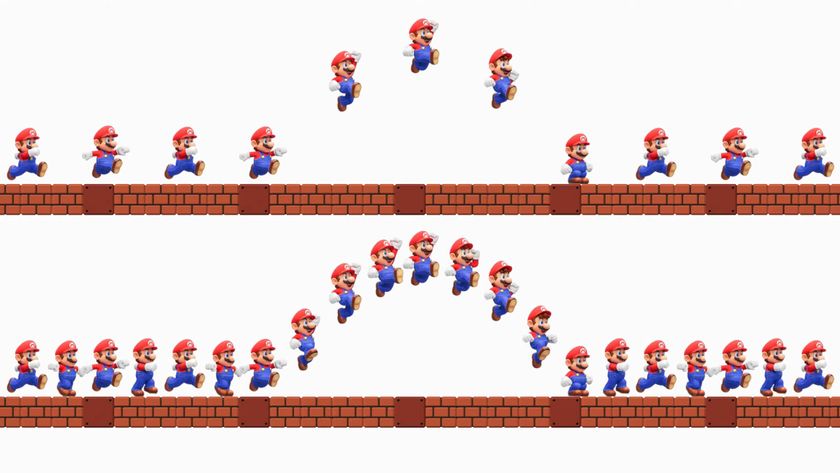Is Vikings: Valhalla a sequel to Vikings and should you watch the original series first?
Does the new Netflix series require some Norse homework?
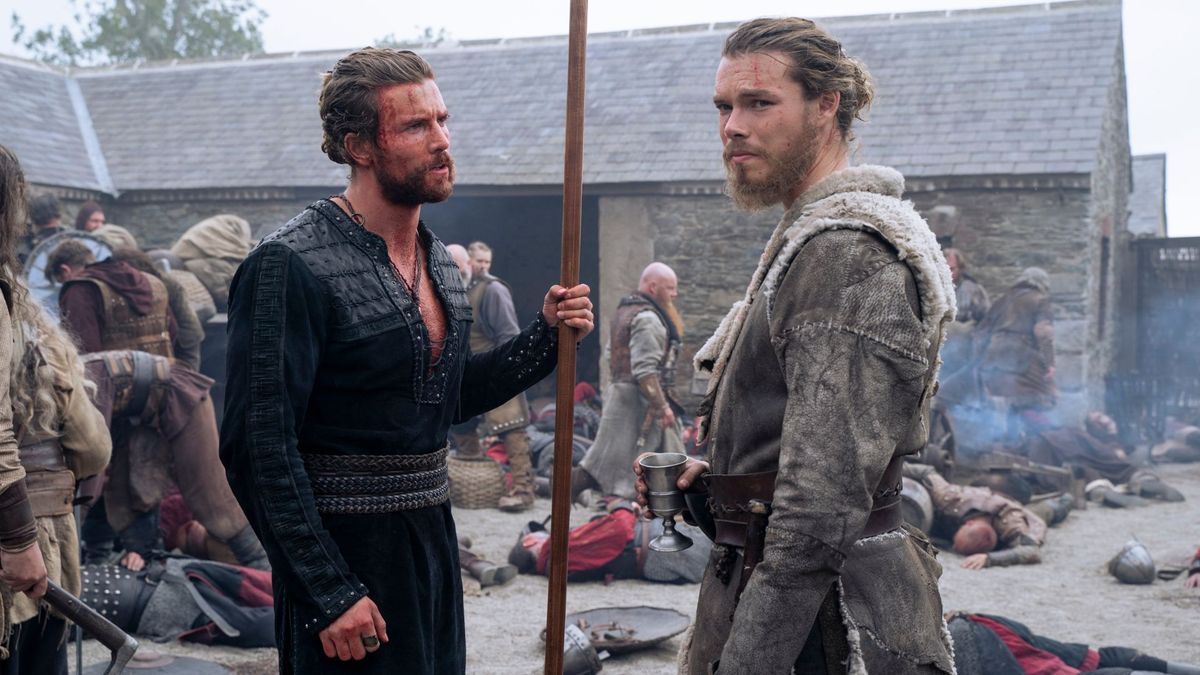
You’ve started watching Vikings: Valhalla – or want to, anyway. There is, however, an unfortunate roadblock getting in the way: Valhalla is a sequel to the series Vikings which aired on The History Channel and Amazon Prime Video.
Should you watch Vikings seasons 1-6 before starting Valhalla on Netflix? It’s a good question – one without a hard and fast answer at first glance.
Below, we’ll address the issue for those who have already started watching Vikings: Valhalla, as well as those who have been a little more cautious and want to know if they have any boxsets to binge for homework.
So, if you want some more in-depth detail on Vikings’ small-screen history before committing to sailing for Valhalla, you’ve come to the right place. We’ll keep spoilers to a minimum.
Should I watch Vikings before Valhalla? And is it a sequel?
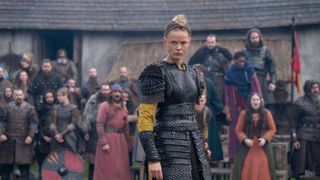
In short, no. At least, you don’t have to watch it. Vikings: Valhalla takes place around 150 years after the end of Vikings season 6. As such, the previous series has no direct impact on Valhalla and is a completely separate, standalone story.
Bradley Freegard, who plays King Canute on the show, told 12DOVE that Valhalla is "its own show entirely." Series creator Jeb Stuart explained to EW that the original Vikings series and Valhalla do not have "any connected tissue.” So, no: Valhalla is not a direct sequel to Vikings.
While there are minor mentions of figures such as Travis Fimmel’s Vikings lead Ragnar and his brother Rollo (who have become figures of legend by the time of Valhalla), there is only one returning character, who we won’t spoil here. And not knowing who they are only adds to their mystery, which can be a good thing.
Sign up for the Total Film Newsletter
Bringing all the latest movie news, features, and reviews to your inbox
Why you should watch Vikings before Valhalla
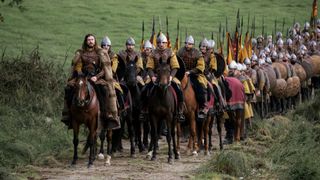
There is a case for the opposing point of view, however. Valhalla is teeming with different territories and factions vying for power. To get a feel for that political arena, Vikings is the best bet to get well-acquainted with a complicated juncture in history and to understand why things have reached a certain tipping point, particularly across the Channel in England.
Getting a feel for the world also helps. Vikings takes place mostly across Scandinavia (including Denmark and Norway) and it can be fairly hard to keep up with the whos, whats, wheres, and why of certain kings and princes. Vikings’ main setting, Kattegat, also features prominently in Valhalla. Being aware of the bloodsoaked history of the location and lineages of the characters only enriches the experience.
As Freegard puts it succinctly: “If you have watched all of it, or you’re a big fan of the original Vikings show, then what you have there is a deeper interest and a lot of knowledge to fall back on.”
TL;DR? If you’ve got time to spare, Vikings is well worth a watch. The first four seasons, in particular, are gripping television. The final two seasons veer off slightly in terms of its compelling cast, but are equally as enjoyable. However, they’re not essential to watching Vikings: Valhalla. Netflix’s new Norse-based series is very much set on building up its own mini-franchise on its own merits.
For more background on the Netflix series, here's when Vikings: Valhalla takes place in terms of real-world history.
I'm the Senior Entertainment Writer here at 12DOVE, focusing on news, features, and interviews with some of the biggest names in film and TV. On-site, you'll find me marveling at Marvel and providing analysis and room temperature takes on the newest films, Star Wars and, of course, anime. Outside of GR, I love getting lost in a good 100-hour JRPG, Warzone, and kicking back on the (virtual) field with Football Manager. My work has also been featured in OPM, FourFourTwo, and Game Revolution.
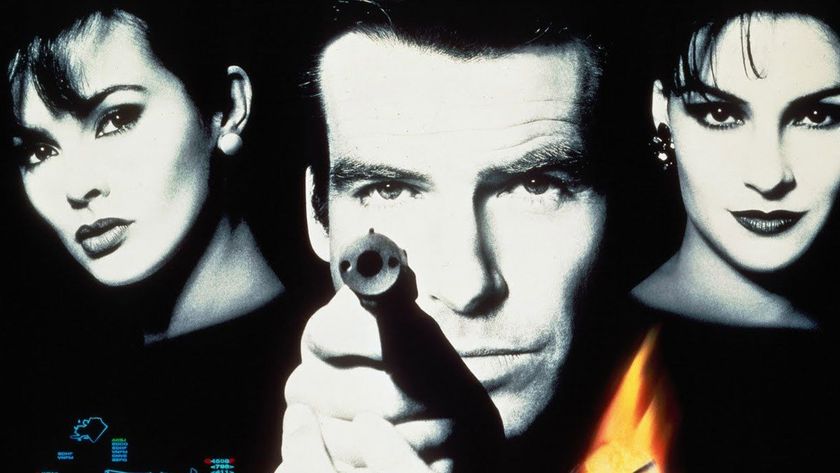
Switch 2 will return to the golden days of the N64 with Nintendo’s first new James Bond game in over a decade

Nintendo Switch 2 upgrades for Nintendo Switch games are coming, with Metroid Prime 4 and Pokemon Legends Z-A confirmed for the new console
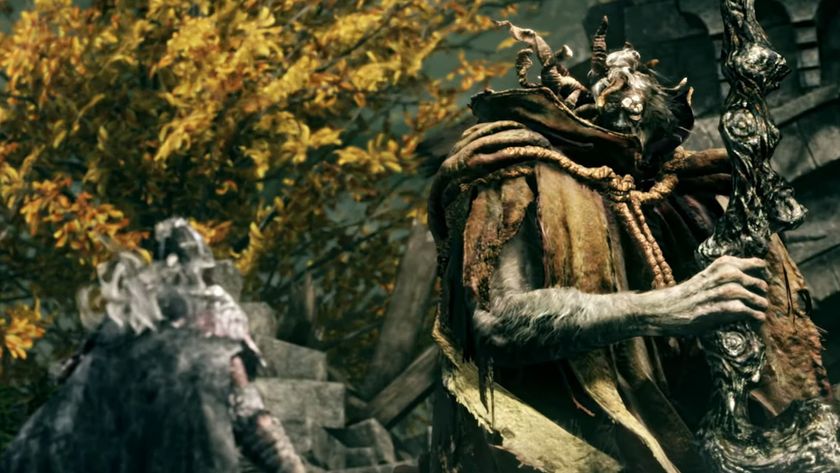
Elden Ring, Cyberpunk 2077, Hitman, and many more are coming to the Nintendo Switch 2, proving it's a much more powerful console than the original Switch

